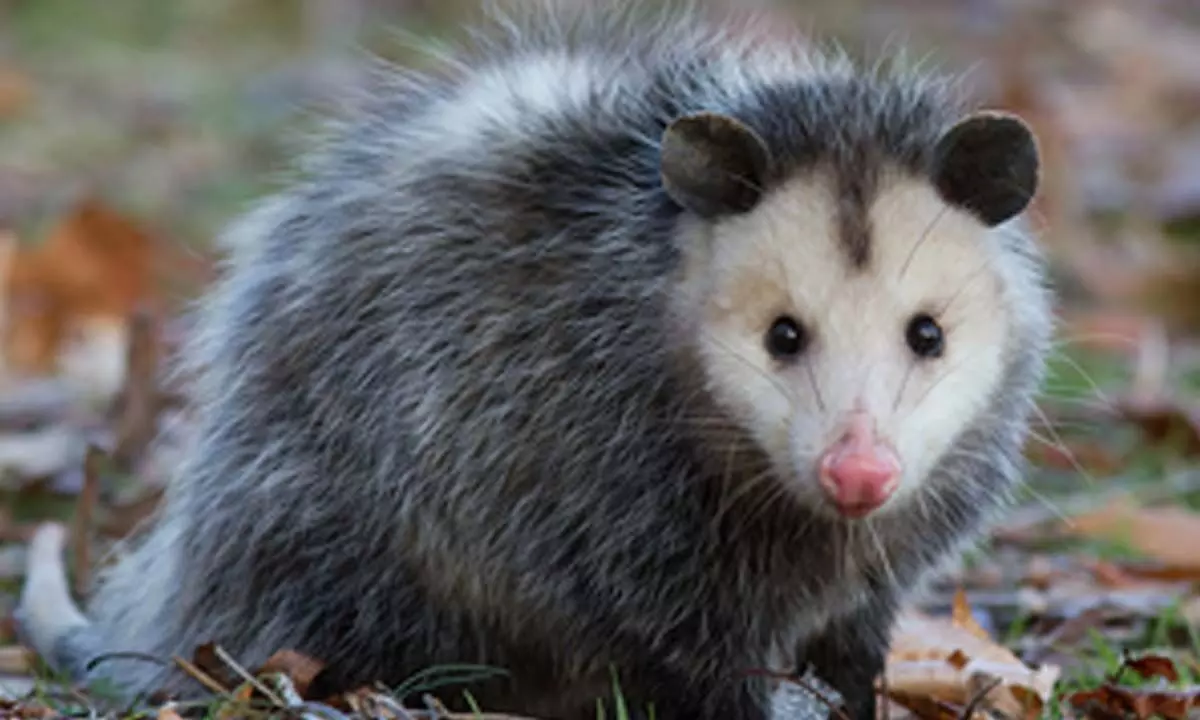Study finds widespread SARS-CoV-2 transmission to wildlife in US
Share :

SARS-CoV-2, the virus responsible for Covid-19, was detected in six common backyard animals in the US, with antibodies indicating prior exposure found in five species, a new study found on Monday.
New Delhi: SARS-CoV-2, the virus responsible for Covid-19, was detected in six common backyard animals in the US, with antibodies indicating prior exposure found in five species, a new study found on Monday.
The six species were deer mice, Virginia opossums, raccoons, groundhogs, Eastern cottontail rabbits, and Eastern red bats.
The virus found in one opossum showed viral mutations that were previously unreported and can potentially impact how the virus affects humans and their immune response. The exposure rates ranged from 40 to 60 per cent, depending on the species, said the study conducted by Virginia Tech University.
The study, published in the journal Nature Communications, reveals that the highest exposure to SARS-CoV-2 was in animals near hiking trails and high-traffic public areas, suggesting human-to-animal transmission.
Genetic tracking confirmed the presence of unique viral mutations, closely matching human variants, indicating cross-species transmission. "The virus can jump from humans to wildlife when we are in contact with them," said Carla Finkielstein, an associate professor at Virginia Tech.
The research involved testing 798 nasal and oral swabs from animals, including deer mice, Virginia opossums, and raccoons.
The researchers emphasised there is no evidence of the virus being transmitted from animals to humans, mitigating concerns about typical interactions with wildlife. They noted that the study fills a critical gap in understanding SARS-CoV-2's transmission among common backyard wildlife, for a lot of studies to date have focused on white-tailed deer, while what is happening in much of the common backyard wildlife remains unknown.
The study's findings underscore the need for broader surveillance to monitor these viral mutations, which could pose challenges for vaccine development, because it is a widespread virus that can be transmitted very easily without prior knowledge, making it much more dangerous.








